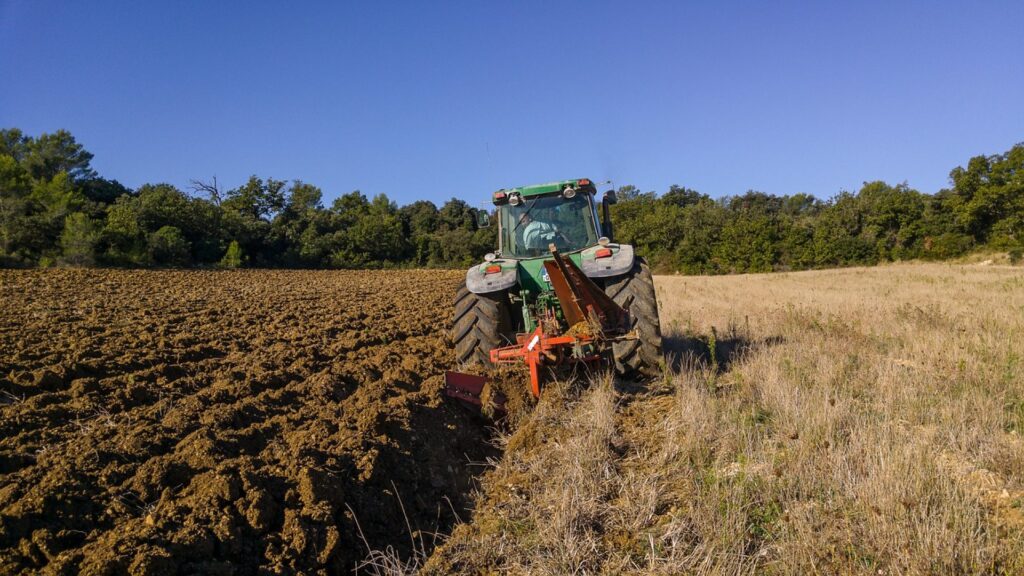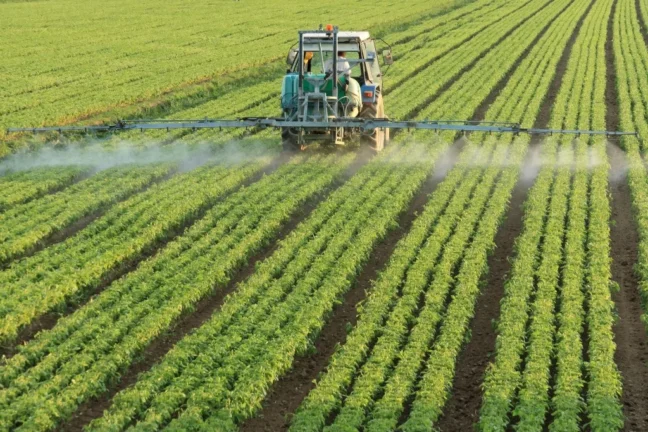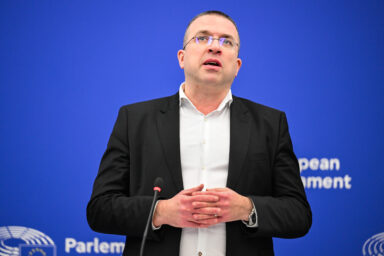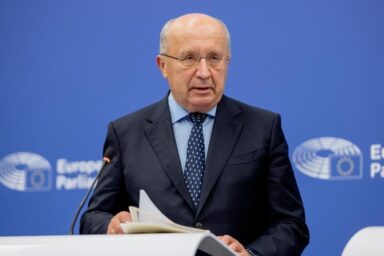Agriculture is one of the EU’s most traditional policies—and one of its largest budget items. Farm subsidies consume roughly a third of EU funds. Yet small-scale farmers, at the start of the food supply chain, often find themselves at a disadvantage against powerful buyers who dictate terms.
Brussels aims to redress this imbalance. Proposed rules would strengthen farmers’ negotiating clout and prevent dominant players from imposing unfavourable conditions. Reforms to the Common Market Organisation (CMO) and related agricultural policies are central to the effort. The goal: fairer terms, stable incomes, and dignity for farmers already grappling with climate change.
“Farmers play a vital role in our lives, yet they remain the weakest link in the food supply chain. The new rules will improve their bargaining power and ensure they can earn a decent and fair living through their hard work. The ultimate aim is to restore trust across the entire food chain,” said Czesław Siekierski, Poland’s minister of agriculture and rural development.
Clash with the Commission
The European Commission proposed overhauling the legal framework for the Common Agricultural Policy (CAP) in December 2023, calling for a “strategic dialogue on the future of EU agriculture” amid geopolitical upheaval. The proposal now awaits debate between the Council of the EU, the European Parliament, and the Commission.
Key changes backed by the Council include mandating written contracts between farmers and buyers—a “what is written is binding” principle. The Commission initially sought strict written contracts for every agricultural delivery, with minimal exceptions. The Council, however, expanded exemptions, allowing flexibility for member states to tailor rules to sector-specific or product-specific needs.
You might be interested
“Member states may waive written contracts if the first buyer is a micro- or small enterprise, if delivery and payment occur simultaneously, or if the delivery’s value does not exceed €20k,” explained Miruna Gergescu, spokeswoman for the Council.
Long-term contracts must also incorporate mechanisms to adjust for market developments, cost fluctuations, and economic conditions. Farmers would gain the right to renegotiate contracts after 12 months—stricter than the Commission’s original six-month proposal. “The revision clause in long-term contracts will protect farmers from being trapped in unfavourable terms,” said Ms Gergescu. “The aim is to ensure predictability and stability, while protecting farmers in cases where the price of their products no longer covers their costs,” she added.

Incentives for the young
The Council has also softened another Commission idea: potentially mandatory mediation to resolve disputes between farmers and buyers during contract negotiations or revisions. “Mediation will be voluntary to reduce administrative burdens and respect member states’ specificities,” said Ms Gergescu.
Rules for recognising producer organisations will simplify, entitling them to increased financial support from CAP funds. The aim is to bolster these organisations’ position. Member states also plan incentives to attract young and new farmers to join such groups.
New labelling rules will better define terms like “fair”, “short supply chain”, or “direct from the farmer” to enhance transparency. The Council extended the transition period for implementing reforms from 18 months (as proposed by the Commission) to two years, giving the sector time to adapt.
The European Parliament will now review the package before negotiating a final agreement with the Council and Commission.
Farmers to “feel the difference”
The debate unfolds alongside fraught negotiations for the EU’s 2028–2034 budget. The Commission has pledged to slash bureaucracy and channel more funds to farming, despite growing calls in Parliament to cut agricultural spending.
The €1.2tn budget could revamp farm subsidies. Agriculture Commissioner Christophe Hansen claims simplified CAP rules will save farmers €1.5 billion annually in administrative costs.
A May report by Politico warned that reducing red tape might paradoxically harm—rather than help—farmers battling climate change. A leaked Commission document proposes exempting small farms from some inspections while raising their subsidies. New funds would aid farmers during droughts or floods. However, the plan also relaxes certain CAP environmental rules for peatlands and wetlands, key elements for the creation of carbon sinks.
“This serves the destructive agenda of industrial agriculture at the expense of nature, the environment, and public oversight,” said Marilda Dhaskali, an agriculture and land-use expert at BirdLife Europe.
Parliament divided
Clear battle lines are emerging in the European Parliament. Farming associations demand simpler rules, more funding, and a rollback of Green Deal measures—priorities Mr Hansen vows to advance. “Not all MEPs will welcome this package. Some will argue it dilutes the CAP’s ambitions,” the Commissioner acknowledged.
The CAP reform proposal will be published in mid-July, alongside the EU’s seven-year budget, the Multiannual Financial Framework in EU parlance.











